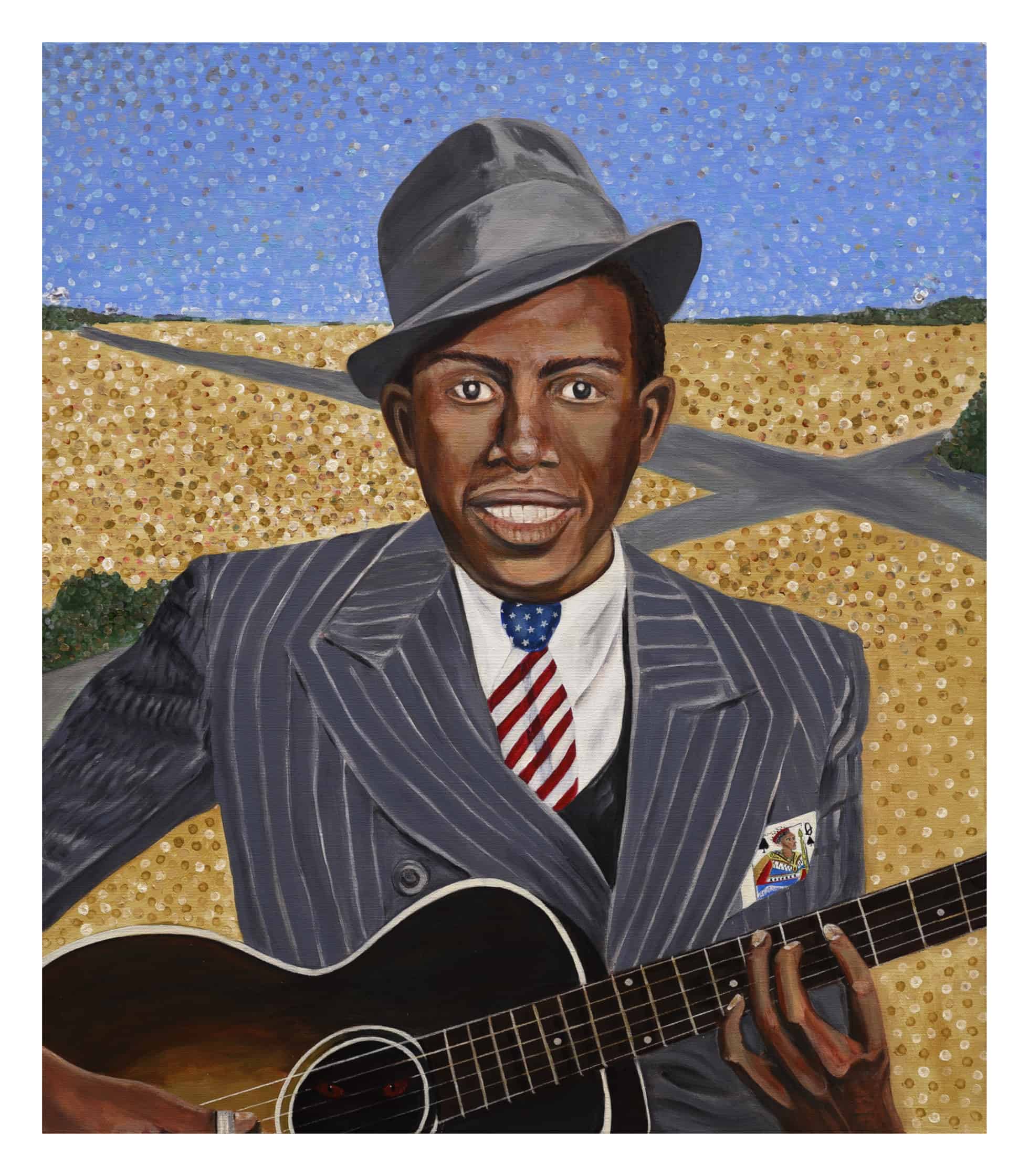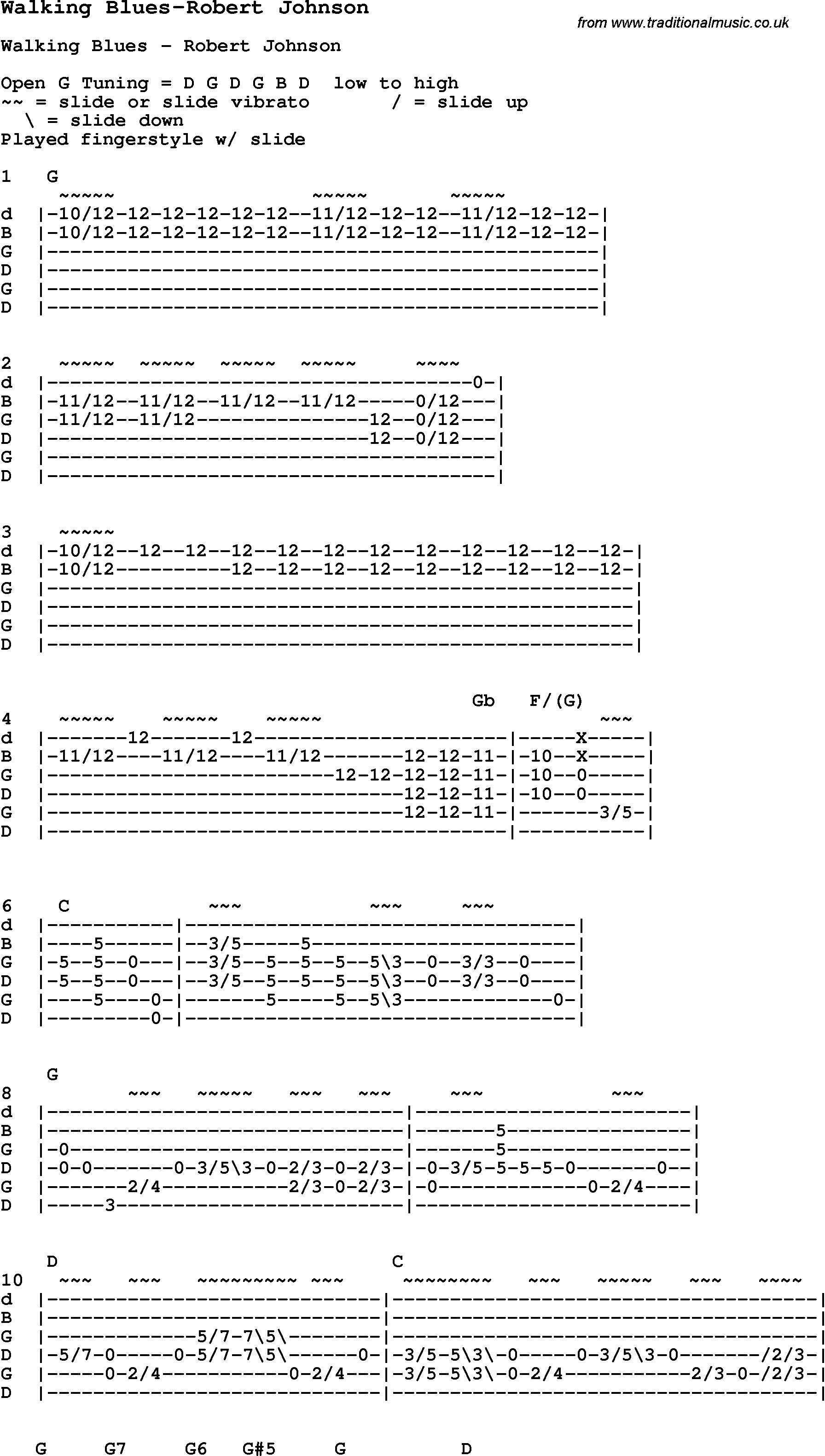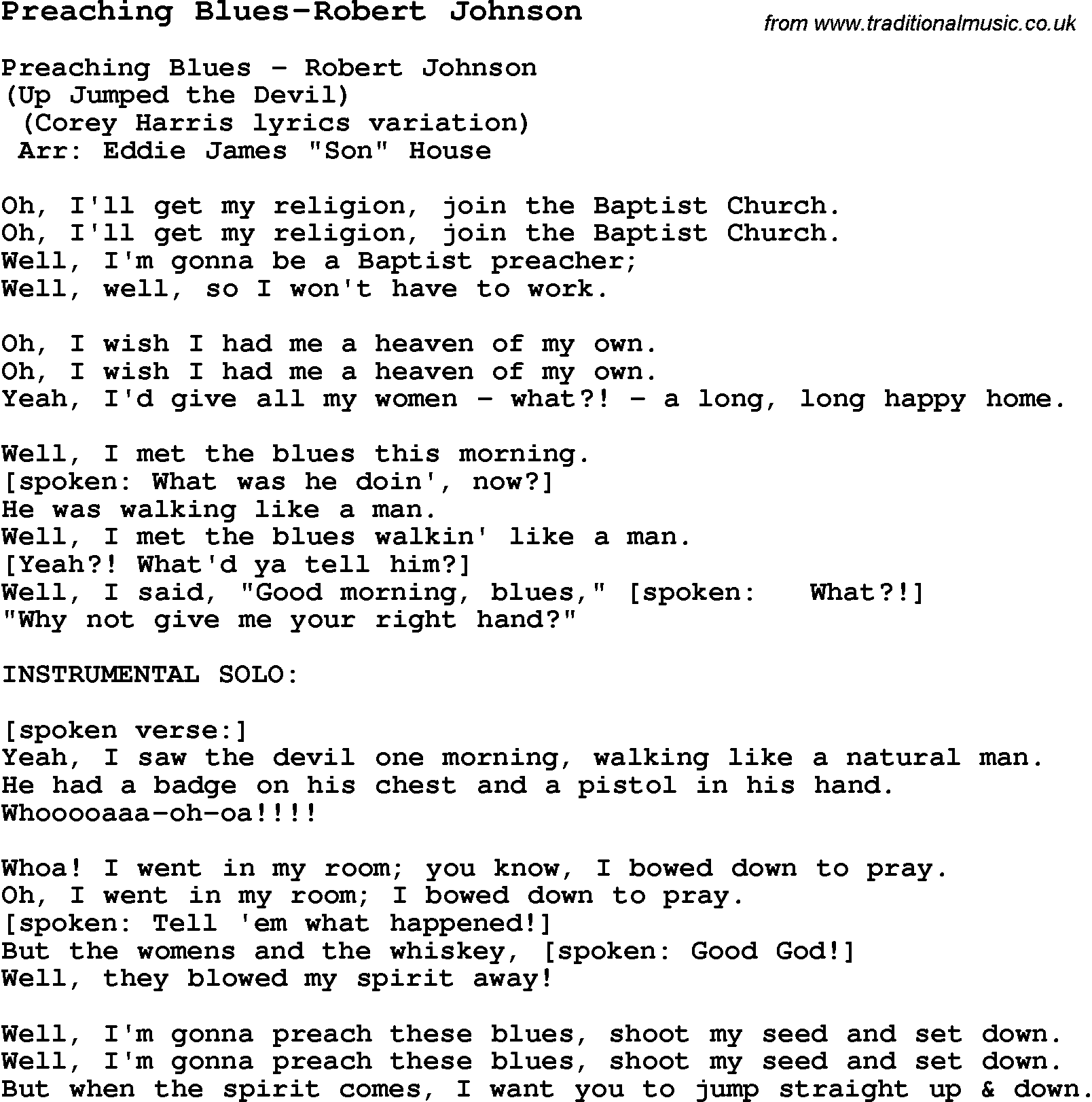Robert Johnson: The Legendary Tale Of A Blues Icon's Gamble With Destiny
When you think about the blues, one name always echoes louder than the rest—Robert Johnson. This guy wasn’t just some random dude strumming a guitar in a smoky bar; he was the real deal, the king of the crossroads, and a legend who supposedly sold his soul to the devil for his musical talent. But who was Robert Johnson, really? Was he just a musician, or was there more to his story than meets the eye? Let’s dive into the life, music, and mystique of this blues icon.
Robert Johnson’s name is like a whisper in the wind for anyone who loves the blues. He wasn’t just a singer or guitarist; he was a storyteller who painted pictures with his music. People talk about him like he’s a ghost, a spirit that haunts the blues world with his haunting melodies and mysterious life. But what makes his story so special? Well, buckle up, because we’re about to uncover the truth behind the man, the myth, and the legend.
What makes Robert Johnson’s tale even more intriguing is the mix of fact and fiction surrounding his life. Was he really a guy who made a deal with the devil? Or was it all just a story spun by people who couldn’t explain his extraordinary talent? One thing’s for sure—his music still resonates today, and his influence continues to inspire generations of musicians. So, let’s break it down and explore the legendary tale of Robert Johnson, the blues icon who gambled with destiny.
- Anjali Arora Viral Mms The Controversy Facts And Impact
- How To Master The Art Of Managing A Fleet Of Raspberry Pi Downloads
Table of Contents
- Biography: A Closer Look at Robert Johnson
- Early Life: Where It All Began
- Musical Journey: The Rise of a Blues Legend
- The Devil’s Deal: Fact or Fiction?
- Influence: How Robert Johnson Shaped Modern Music
- Legacy: The Lasting Impact of a Blues Icon
- Recording Sessions: Capturing the Magic
- Famous Songs: The Anthems of Robert Johnson
- Death: The Mysterious End of a Legend
- Conclusion: A Blues Icon’s Timeless Legacy
Biography: A Closer Look at Robert Johnson
Before we dive into the nitty-gritty of Robert Johnson’s life, let’s get the basics down. Born on May 8, 1911, in Hazlehurst, Mississippi, Robert Leroy Johnson was destined to become one of the most influential figures in the history of the blues. But who was he, really? To help you understand better, here’s a quick rundown of his life in table form:
| Full Name | Robert Leroy Johnson |
|---|---|
| Date of Birth | May 8, 1911 |
| Place of Birth | Hazlehurst, Mississippi |
| Death | August 16, 1938 (Starkville, Mississippi) |
| Occupation | Blues musician, singer, songwriter |
| Legacy | Iconic figure in the blues genre, known for his haunting vocals and guitar skills |
Robert Johnson’s life was as mysterious as his music. He didn’t live long, but he sure left a mark that would last forever. Now, let’s explore his early years and see how it all started.
Early Life: Where It All Began
Growing up in the rural south wasn’t easy, especially for a young black kid with dreams bigger than the cotton fields. Robert Johnson wasn’t born into wealth or fame; he was just another kid trying to make sense of the world around him. But something about him was different—maybe it was the way he carried himself, or the fire in his eyes when he picked up a guitar for the first time.
- A Deep Dive Into Ai Undress Free Unveiling The Truth Behind The Controversy
- Aishah Sofeyleaks Unveiling The Truth And Setting The Record Straight
Johnson’s early years were spent moving around different towns in Mississippi. His mom remarried after his dad left, and the family bounced from place to place. This nomadic lifestyle might’ve been tough, but it also exposed him to different sounds and styles of music. By the time he was a teenager, he was already playing the guitar, though not as well as he’d later become known for.
Here’s a fun fact: Robert Johnson didn’t start out as a guitar prodigy. In fact, people used to laugh at him because he wasn’t very good at first. But that didn’t stop him. He practiced day and night, pouring his soul into every chord and note. And then, one day, something changed. People started noticing his skills, and before long, he was earning a reputation as one of the best blues guitarists around.
Early Influences: Who Shaped Robert Johnson’s Sound?
Every great musician has their influences, and Robert Johnson was no exception. He was heavily inspired by other blues legends like Son House and Skip James. These guys weren’t just musicians—they were storytellers who used their music to express the struggles and joys of life. Johnson took their lessons and made them his own, adding his unique twist to the blues genre.
- Son House: Known for his raw, powerful vocals and slide guitar techniques.
- Skip James: Famous for his haunting falsetto and intricate fingerpicking style.
- Charley Patton: A pioneer of the Delta blues, whose energetic performances left a lasting impact on Johnson.
These influences helped shape Robert Johnson into the musician we know today. But it wasn’t just about copying what others did—it was about taking those sounds and making them his own. And that’s exactly what he did.
Musical Journey: The Rise of a Blues Legend
By the mid-1930s, Robert Johnson had become a traveling musician, playing in juke joints and back alleys across the Mississippi Delta. He was known for his incredible guitar skills and his ability to captivate audiences with his voice. But it wasn’t just about talent—there was something else that set him apart. People said he had a certain magic, a je ne sais quoi that made his music unforgettable.
In 1936, Johnson got his big break when he was discovered by a talent scout named Ernie Oertle. Oertle was impressed by Johnson’s skills and arranged for him to record his first songs. These sessions, which took place in San Antonio, Texas, would go down in history as some of the most important recordings in blues music. Johnson laid down tracks like “Cross Road Blues,” “Sweet Home Chicago,” and “Love in Vain,” songs that would later become classics.
But here’s the thing—Johnson didn’t just record these songs once and call it a day. He recorded multiple versions of each track, experimenting with different arrangements and styles. This creative process is what makes his music so timeless. Even today, people are still discovering new layers in his work.
Recording Techniques: How Johnson Captured His Sound
Back in the 1930s, recording technology wasn’t as advanced as it is today. Johnson had to rely on his natural talent and creativity to make his music stand out. He used simple techniques like changing his guitar tunings and experimenting with different vocal styles to create unique sounds. Some of his most famous songs feature unconventional tunings that other musicians have tried to replicate but never quite matched.
Here are a few examples of his innovative techniques:
- Open tunings: Johnson often used open tunings to create rich, resonant sounds on his guitar.
- Vocal layering: He would sometimes record multiple vocal tracks to add depth and texture to his songs.
- Slide guitar: His use of a bottleneck slide became one of his trademarks, adding a haunting quality to his music.
These techniques might seem simple now, but back then, they were groundbreaking. And they’re part of what makes Robert Johnson’s music so special.
The Devil’s Deal: Fact or Fiction?
Now, let’s talk about the elephant in the room—the infamous deal with the devil. According to legend, Robert Johnson met the devil at a crossroads one night and made a pact in exchange for his musical talent. It’s a story that’s been told and retold so many times that it’s become almost mythological. But is there any truth to it?
Well, the truth is, we’ll probably never know for sure. What we do know is that Johnson was an incredibly talented musician who seemed to appear out of nowhere with skills that left people in awe. Some say the story was just a way to explain his sudden rise to fame, while others believe it might’ve been a metaphor for his struggles and sacrifices.
One thing’s for sure—Johnson himself didn’t shy away from the myth. In fact, he embraced it, even writing songs like “Me and the Devil Blues” that played into the legend. Whether or not he actually made a deal with the devil, the story adds an extra layer of mystery to his already enigmatic life.
The Crossroads Myth: A Symbol of Transformation
For many, the crossroads represent a moment of transformation—a place where choices are made and paths are chosen. In the context of Robert Johnson’s life, the crossroads myth can be seen as a metaphor for his journey from an unknown guitarist to a blues legend. It’s a story that resonates with anyone who’s ever felt like they were at a crossroads in their own life.
So, did Robert Johnson really sell his soul to the devil? Maybe, maybe not. But one thing’s for sure—his music speaks for itself, and the legend lives on.
Influence: How Robert Johnson Shaped Modern Music
Robert Johnson’s influence on modern music cannot be overstated. His songs have been covered by countless artists, from Eric Clapton to The Rolling Stones. In fact, many of today’s biggest rock and blues stars cite Johnson as a major influence on their work. But what exactly was it about his music that made such a big impact?
For starters, Johnson’s guitar playing was revolutionary. He combined elements of Delta blues with his own unique style, creating a sound that was both raw and sophisticated. His use of slide guitar and unconventional tunings opened up new possibilities for other musicians. And his songwriting? Forget about it. Johnson had a way of turning everyday experiences into poetic masterpieces.
Here are a few examples of how Robert Johnson influenced modern music:
- Eric Clapton: Clapton famously said that Johnson’s music changed his life. He even recorded an album called “Me and Mr. Johnson” in tribute to the blues legend.
- The Rolling Stones: The Stones covered Johnson’s song “Love in Vain” and have cited him as a major influence on their sound.
- Bob Dylan: Dylan has often spoken about Johnson’s impact on his songwriting and guitar playing.
These are just a few examples of how Robert Johnson’s music continues to inspire new generations of musicians. His legacy lives on through the artists who have been touched by his work.
Legacy: The Lasting Impact of a Blues Icon
Even though Robert Johnson’s life was cut short at the age of 27, his legacy continues to grow. Today, he’s regarded as one of the most important figures in the history of the blues, and his music is still celebrated around the world. But what exactly is his legacy?
For starters, Johnson’s music has become a touchstone for anyone interested in the blues. His songs have been studied, analyzed, and reinterpreted by countless musicians. And his influence extends far beyond the blues genre, touching everything from rock to folk to jazz. In many ways, Robert Johnson was the blueprint for the modern musician—a storyteller who used his music to connect with people on a deep, emotional level.
But his legacy isn’t just about music. It’s about the stories, the myths, and the mysteries that surround his life. Robert Johnson wasn’t just a musician—he was a symbol of the struggles and triumphs of the human spirit. His music reminds us that even in the darkest times, there’s beauty to be found if we’re willing to look for it.
Modern Relevance: Why Robert Johnson Still Matters
In a world that
- Hd Movie 4u Hub Your Ultimate Destination For Highquality Entertainment
- Who Is The Lululemon Founder Unveiling The Visionary Behind The Brand

Robert Johnson ‘Me & the Devil Blues’ zina.art

Blues Guitar lesson for Walking BluesRobert Johnson, with Chords, Tabs

Blues Guitar lesson for Preaching BluesRobert Johnson, with Chords